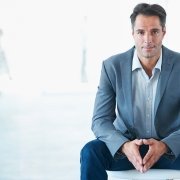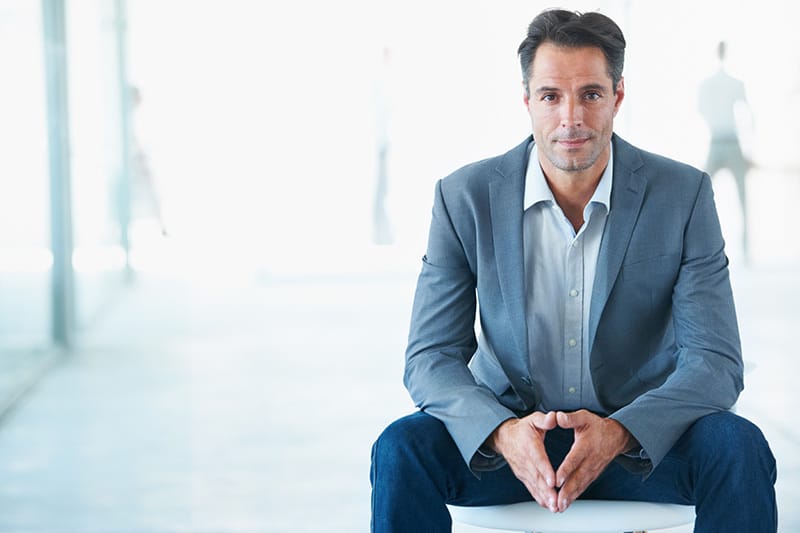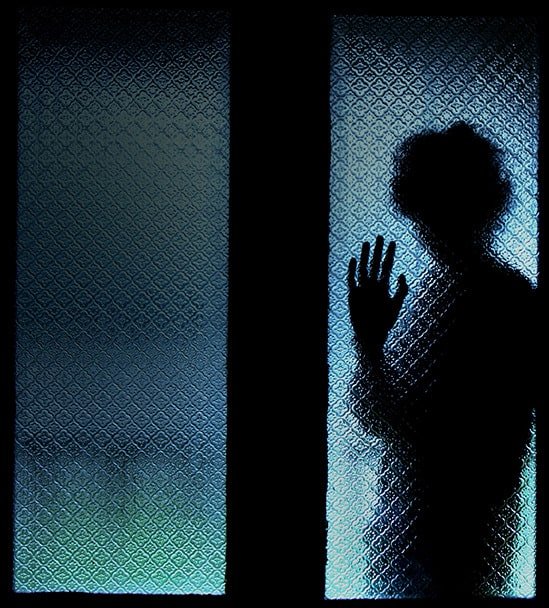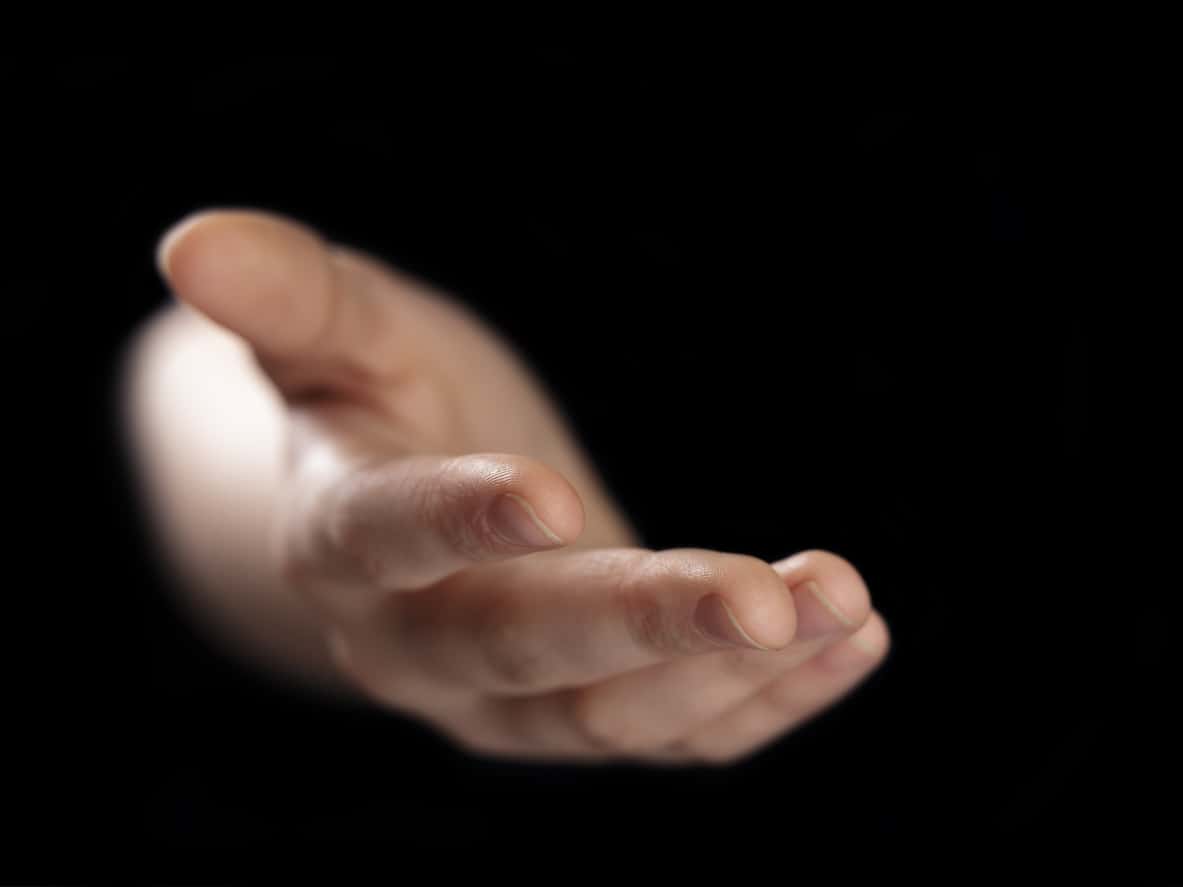Can You Trust Treatment?

Why is trusting addiction treatment providers a concern?
The practice of business and personal ethics is essential when providing treatment for addiction. When patients become commodities to be traded and paid for on the open market like cattle at an auction, how far does that message permeate the entire treatment milieu? When a referral sources/ interventionists are given exorbitant gifts or are secretly paid extraordinary fees for presentations, consultations or the like, how far away from the cattle auction have you strayed?
What is required to establish trust?
Treatment should be based on the elemental principal of effective therapy: TRUST. Building trust requires that our actions are consistently trustworthy. Respecting the people who ask us for help includes recommending services which are accessible, affordable and appropriate to their needs. Call centers and referral fees diminish patient identity and places patient need below financial incentive.
How do you find a trustworthy addiction treatment program?
In-network treatment providers are held accountable to Joint Commission standards and insurance contractual conditions. “Out-of-network” providers are not accountable for unnecessary or costly charges. How many times have we heard about a family being misled about the costs of treatment after the provider of treatment posted that they accept insurance? What the provider accepted was out-of-network revenues which are much less than the cost of treatment. The patient ends up paying a significantly higher bill having been led to believe that the insurance company should have covered more.
What should you expect in writing to establish a sense of trust?
Pre-admission informed consent provides patients and their families the costs, the benefits and the risks of engaging in a treatment program. Building trust from honest and transparent conversations, Twin Town staff inform treatment candidates about what they can expect. These realistic expectations become the basis from which a therapeutic relationship can develop. If patients and their families are misled or feel defrauded, no relationship is possible.
What can happen when a treatment provider is found not to be trustworthy?
How many families receive bad news twice when their loved one checks out of treatment early, and when the provider refused refund the unused portion of what was paid toward that treatment?
If a laboratory invites you to share in the proceeds for medically unnecessary and absurdly priced urinalysis testing schemes, do you excuse insurance abuse as “scholarships” for charity or “investments” of a business nature? How long will access to out-of-network PPO benefits survive under this type of abuse? Have you earned the trust of the patient, their family and the purchaser of care?
How does the addiction treatment program benefit by maintaining trustworthy standards?
Doing the right thing is not easy but it is what sobriety, recovery AND TREATMENT should be all about.
Twin Town encourages all providers to set and publish ethical standards on their website. Setting ethical standards helps establish public expectations while distinguishing the responsible provider from fraud.
What distinguishes trustworthy addiction treatment from those which are not trustworthy:
- Refusing to accept/ pay referral fees or contract with referral mills (internet websites) to increase rates of patient enrollment. The patient and family geographic location, and the clinical needs expressed by the patient and their family are always considered when forming disposition/ referral plans.
- Refusing to mislead patients and their families with statements such as, “We’ll take your insurance and we will accept payment arrangements for the unpaid balance”. In situations where the patient and their family are misled at enrollment, they are later shocked by bills which may exceed tens of thousands of dollars. The reality all along was that the insurance would have only paid for only a few days of residential or out-of-network treatment.
- Refusing to contract with the patient or family for a “flat case-rate” for the entire course of treatment. Under flat case rate agreements refunds are frequently refused and the unused funds are pocketed.
What guides the standards of trustworthy addiction treatment programs?
Set ethical standards, integrate them into your “brand” and publish them on your website. Twin Town Treatment Centers publishes the following www.twintowntreatmentcenters.com:
- Provide only cost-effective treatment which is quality monitored.
- Before admission, provide full financial and service disclosure, and secure voluntary informed consent. Avoid surprises.
- Seek to protect the dignity and confidentiality of each client patient and their family members.
- Document and provide the treatment that is billed.
- Respect and protect clinical relationships with current and/or prior caregivers.
- Avoid transferring clients from care of therapists, counselors, psychiatrists and/or physicians. COORDINATE care with community professionals rather than setting up competitive or fragmented systems of care.
Twin Town Treatment Centers is immediately accessible to all Los Angeles and Orange County residents, is accredited by The Joint Commission, and is certified by the California DHCS. All network HMO/PPO/EPO insurance plans and Medi-Cal contract with Twin Town Treatment Centers to provide drug and alcohol rehabilitation. Our phone is answered by real people. We can see people on the same day you call. (866) 594-8844



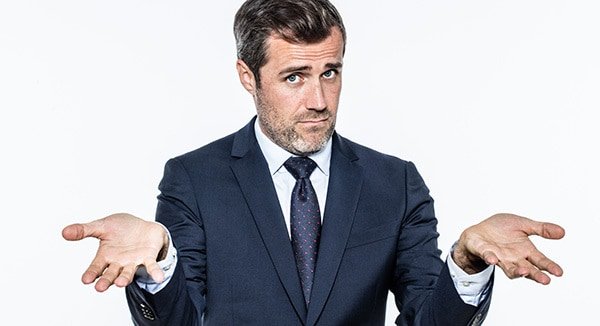 In sobriety, is it important to find the “right” recovery program or “correct” addiction treatment? Isn’t it essential to find the “right” way of thinking and feeling?
In sobriety, is it important to find the “right” recovery program or “correct” addiction treatment? Isn’t it essential to find the “right” way of thinking and feeling?





